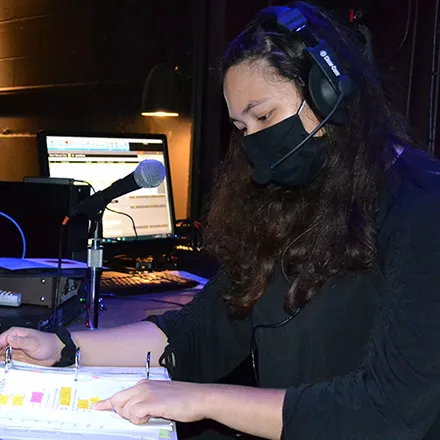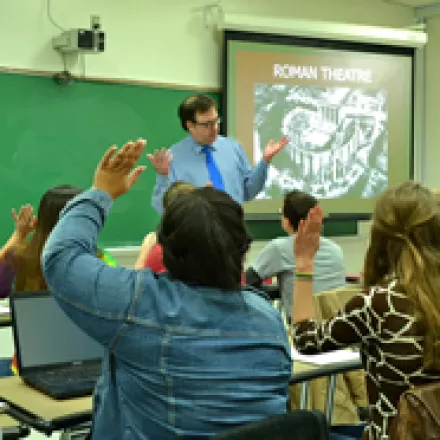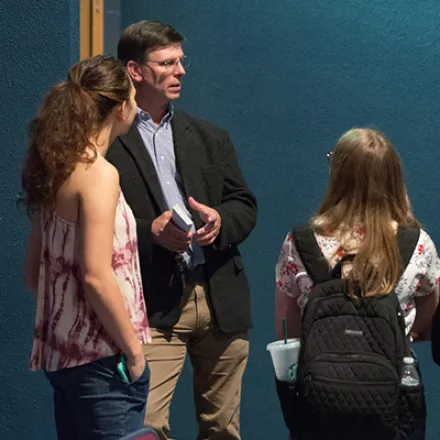Have you heard about our SPECIAL TALENT PROGRAM? The Special Talent Program is designed for students who intend to major in theatre if admitted to SUNY Oneonta. Under the Special Talent Program, applicants can provide additional materials showcasing their unique talents relating to theatre. Put simply, this is an opportunity for you to bolster your academic credentials with your practical experience in the performing arts.






